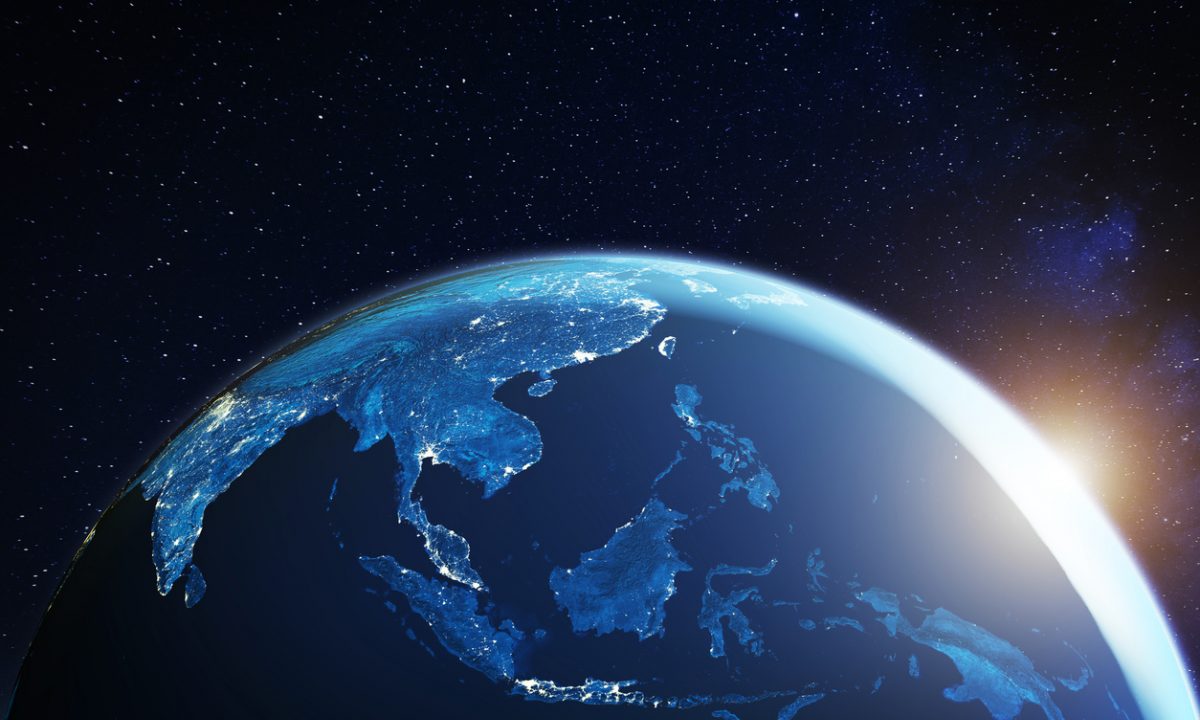Dealing with China and cooperation on critical raw materials were topics at the EU Indo-Pacific Ministerial Forum.
The EU wants to cooperate more closely with countries in the Indo-Pacific region. To promote political and economic relations, the Union hosted the second EU Indo-Pacific Ministerial Forum in Stockholm on Saturday, bringing together foreign ministers and other representatives from both regions. Although not invited as a participant, China was the focus of the meeting, according to the South China Morning Post, among others.
The final declaration (PDF) states that potentially critical dependencies must be avoided, and that diversification contributes to the security of supply chains, alluding to the unnamed People’s Republic. As we reported, EU Commission President Ursula von der Leyen and German Chancellor Olaf Scholz recently already spoke out in favor of risk reduction in dealings with China, without aiming for decoupling.
Europe also wants to counter China’s growing ambitions in the region, Bloomberg said, such as through the Global Gateway program in response to China’s massive infrastructure project, the Belt and Road Initiative.
At the ministerial meeting, the two sides reaffirmed their cooperation on critical raw materials. Partnership and cooperation agreements with Malaysia and Thailand, among others, have already been signed within this framework, he said. Negotiations on free trade agreements with various Indo-Pacific partners are also underway, he said. The EU has so far relied heavily on imports from China for critical raw materials such as rare earths, which are needed for the energy transition. Possible alternatives such as Vietnam, which is said to have the second-largest rare earth reserves after the People’s Republic, are therefore increasingly attracting attention.
Photo: iStock/NicoElNino


